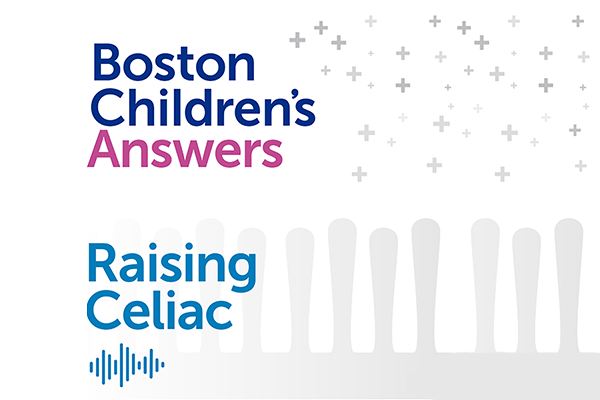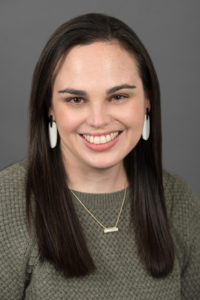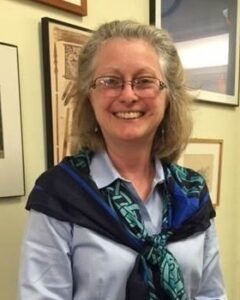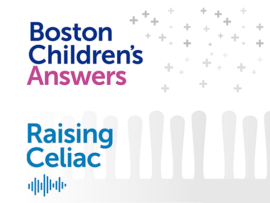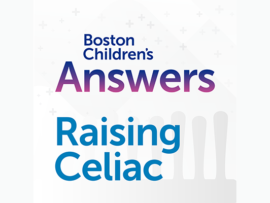Season 2 Episode 8: Can You Get Glutened from a Kiss? What the Science Says…
Can kissing someone who just ate gluten make you sick if you have celiac disease? It’s one of the most frequently asked—and least understood—questions in the celiac community. In this episode of Raising Celiac, we speak with Anne Lee, EdD, RDN, LD from the Celiac Disease Center at Columbia University about a groundbreaking new study that directly measured gluten transfer through kissing. We’ll explore how the study was designed, what it found (spoiler: drinking water helps!), and what these findings mean for real-life relationships and risk. You’ll also meet Emily, a newly engaged woman with celiac disease, whose personal story of love and science brings the data to life. Thank you to the Global Autoimmune Institute and Celiac Disease Foundation for making this podcast possible.
$0.00
Description
Can kissing someone who just ate gluten make you sick if you have celiac disease? It’s one of the most frequently asked—and least understood—questions in the celiac community. In this episode of Raising Celiac, we speak with Anne Lee, EdD, RDN, LD from the Celiac Disease Center at Columbia University about a groundbreaking new study that directly measured gluten transfer through kissing. We’ll explore how the study was designed, what it found (spoiler: drinking water helps!), and what these findings mean for real-life relationships and risk. You’ll also meet Emily, a newly engaged woman with celiac disease, whose personal story of love and science brings the data to life. Thank you to the Global Autoimmune Institute and Celiac Disease Foundation for making this podcast possible.
Learning Objectives: At the conclusion of this educational program, learners will be able to:
- Understand the risk of gluten transfer through kissing.
- Learn how to reduce kissing-related gluten exposure.
- Recognize the psychosocial impact of relationships with celiac disease.
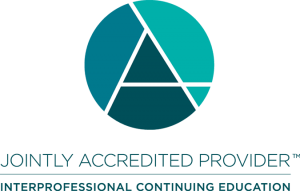 In support of improving patient care, Boston Children’s Hospital is jointly accredited by the Accreditation Council for Continuing Medical Education (ACCME), the Accreditation Council for Pharmacy Education (ACPE), and the American Nurses Credentialing Center (ANCC), to provide continuing education for the healthcare team.
In support of improving patient care, Boston Children’s Hospital is jointly accredited by the Accreditation Council for Continuing Medical Education (ACCME), the Accreditation Council for Pharmacy Education (ACPE), and the American Nurses Credentialing Center (ANCC), to provide continuing education for the healthcare team.
Physician
Boston Children’s Hospital designates this live activity for a maximum of 0.5 AMA PRA Category 1 Credits ™. Physicians should claim only credit commensurate with the extent of their participation in this activity.
Social Worker
As a Jointly Accredited Organization, Boston Children’s Hospital is approved to offer social work continuing education by the Association of Social Work Boards (ASWB) Approved Continuing Education (ACE) program. Organizations, not individual courses, are approved under this program. State and provincial regulatory boards have the final authority to determine whether an individual course may be accepted for continuing education credit. Boston Children’s Hospital maintains responsibility for this course. Social workers completing this course receive 0.5 ACE CE continuing education credits.
Nurse
Boston Children’s Hospital designates this activity for 0.5 contact hours for nurses. Nurses should only claim credit commensurate with the extent of their participation in the activity.
Dietician
Boston Children’s Hospital designates this activity for 0.5 contact hours for dieticians. Dieticians should only claim credit commensurate with the extent of their participation in the activity.
Disclosure Policy
Boston Children’s Hospital adheres to all ACCME Essential Areas, Standards, and Policies. It is Boston Children’s policy that those who have influenced the content of a CE activity (e.g. planners, faculty, authors, reviewers and others) disclose all relevant financial relationships with commercial entities so that Boston Children’s may identify and resolve any conflicts of interest prior to the activity. These disclosures will be provided in the activity materials along with disclosure of any commercial support received for the activity. Additionally, faculty members have been instructed to disclose any limitations of data and unlabeled or investigational uses of products during their presentations.
Disclosure Statement
The following planners, speakers, and content reviewers, on behalf of themselves, have reported the following relevant financial relationships with any entity producing, marketing, reselling, or distributing health care goods or services consumed by, or used on patients:
Vanessa Weisbrod: None
Janis Arnold, MSW, LICSW: None
Anne R. Lee, EdD, RDN, LD: None
Additional information
| Credit Type | AMA PRA Category 1 Credits™ (MD, DO, NP, PA), ASWB ACE (Social Worker), CDR CPEU (Registered Dietitian), Contact Hours (Nurse, Nurse Practitioner) |
|---|---|
| Duration | |
| Format | |
| Topic | |
| Expiration Date | |
| Release Date |

